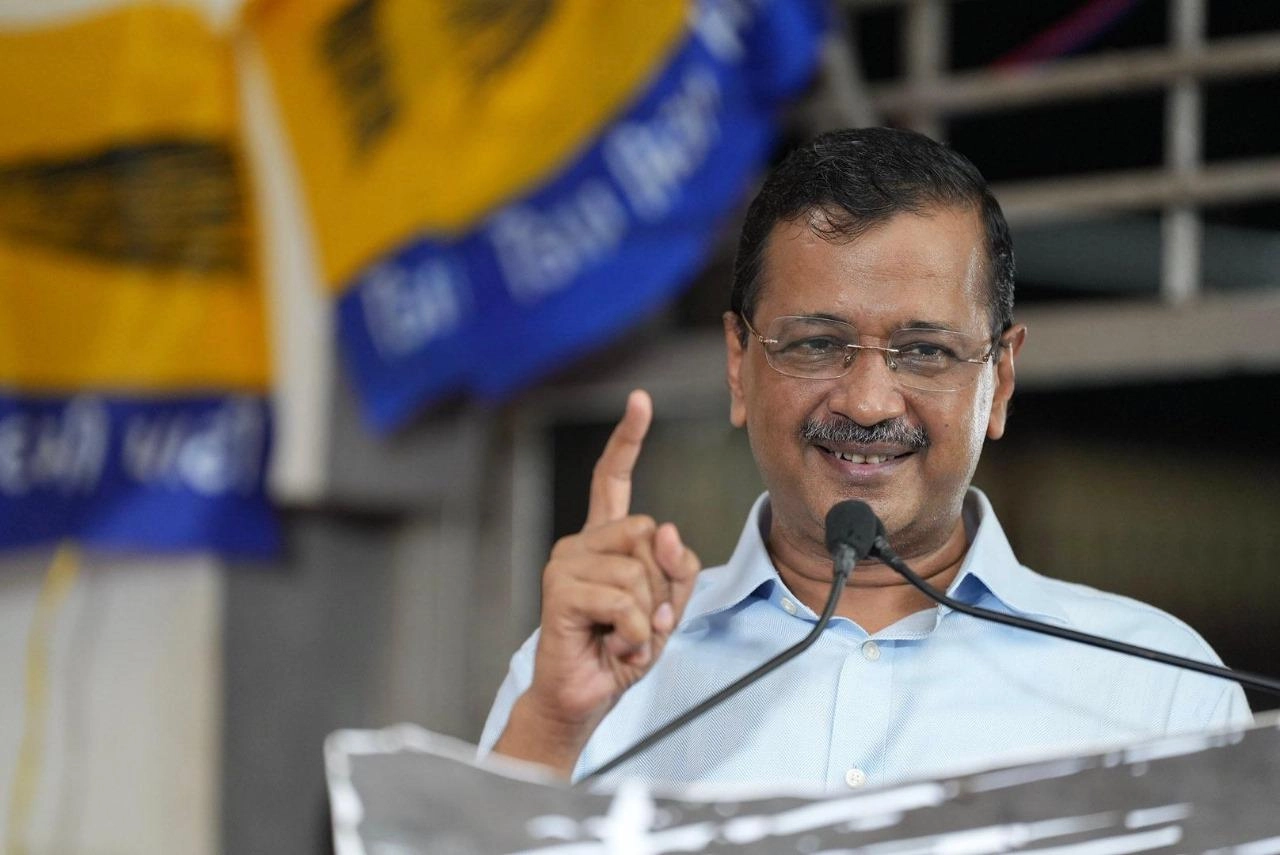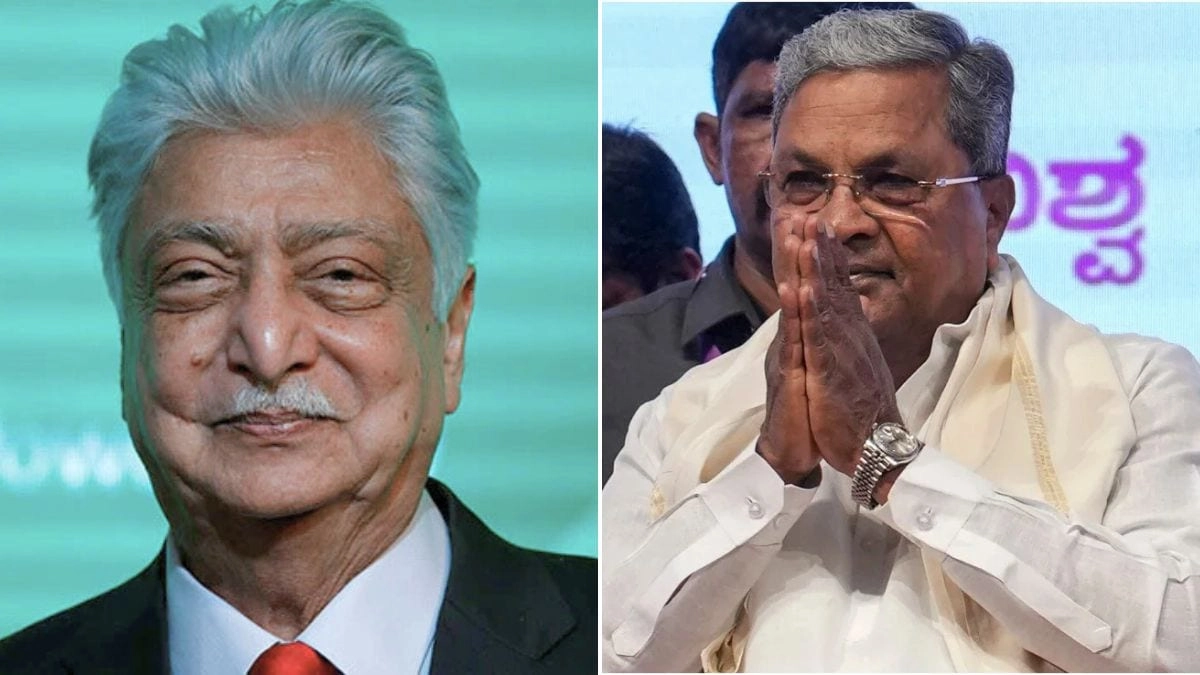Arvind Kejriwal, the Chief Minister of Delhi, recently made headlines with his remarks regarding the Nobel Prize, which sparked a series of reactions from various political factions, particularly the Bharatiya Janata Party (BJP). Kejriwal, known for his outspoken nature and often controversial statements, suggested that he would be a deserving candidate for the prestigious award based on his governance record and contributions to social welfare. This assertion was met with skepticism and criticism, especially from the BJP, which quickly seized the opportunity to question Kejriwal’s mental fitness for making such claims. The BJP’s response highlights not only the political rivalry between the two parties but also reflects a broader trend in Indian politics where personal attacks and psychological jibes have become commonplace.
The BJP, in its response, suggested that Kejriwal should undergo a mental health assessment, a statement that many interpreted as an attempt to undermine his credibility and divert attention from the substantive issues at hand. This kind of rhetoric is indicative of the increasingly polarized nature of Indian politics, where leaders often resort to personal attacks rather than engaging in meaningful dialogue about policies and governance. The BJP’s jibe also raises questions about the appropriateness of using mental health as a political weapon, as it can perpetuate stigma and trivialize serious health issues. Critics argue that such remarks not only diminish the quality of political discourse but also reflect a lack of respect for the complexities of mental health.
Kejriwal’s initial comments about the Nobel Prize can be seen as a part of his broader narrative to position himself as a leader who prioritizes social justice and welfare initiatives. The Chief Minister has gained a reputation for his focus on education, healthcare, and public services, which he believes should be recognized on an international platform. However, his remarks may have been perceived as overly ambitious or even egotistical, leading to the backlash from the BJP. This incident underscores the challenges faced by political leaders in balancing self-promotion and genuine advocacy for their constituents. It also highlights the fine line between confidence and arrogance in political discourse.
As the political landscape in India continues to evolve, the exchange between Kejriwal and the BJP serves as a reminder of the contentious nature of contemporary politics. Leaders are often expected to maintain a level of decorum while also being assertive about their achievements and aspirations. The incident raises broader questions about how political leaders communicate their visions and the impact of their rhetoric on public perception. Going forward, it will be essential for politicians to engage in constructive dialogue rather than resorting to personal attacks, as the effectiveness of governance ultimately hinges on collaboration and mutual respect among leaders, regardless of their political affiliations.




